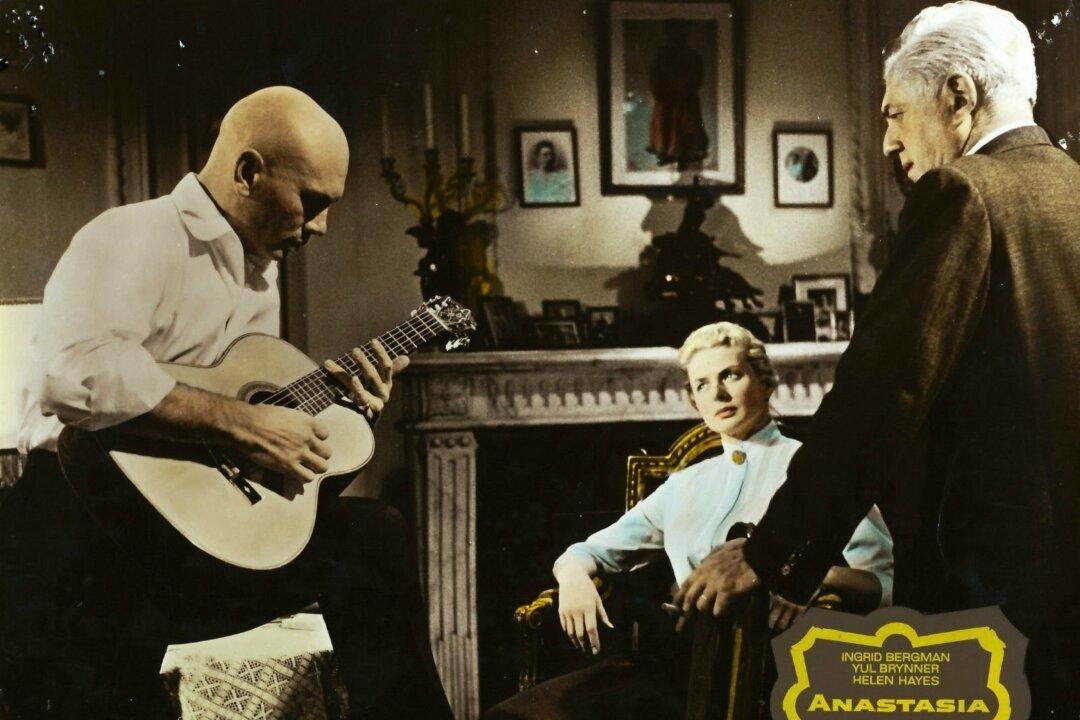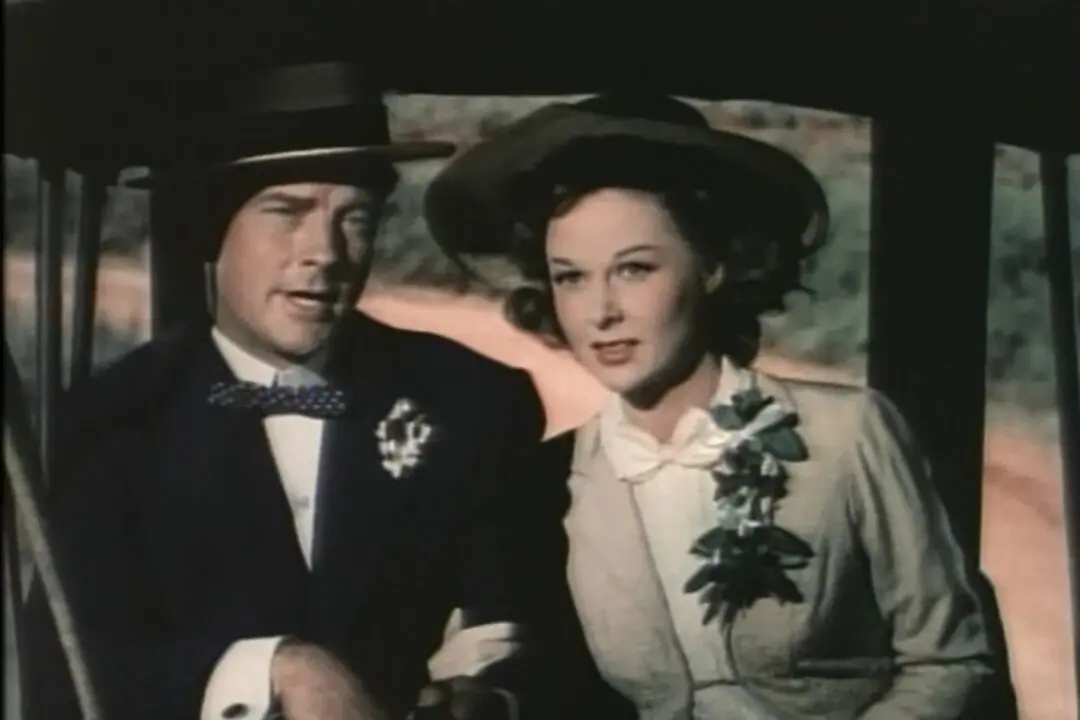NR| 1h 45min | Drama | 1956
The 1917 revolution overthrew Russia’s last Tsar, killing him and his family. Then, rumors emerged that his youngest daughter, Grand Duchess Anastasia, had survived. A 1952 play dramatizes those rumors, as does the 1956 film that it inspired.





